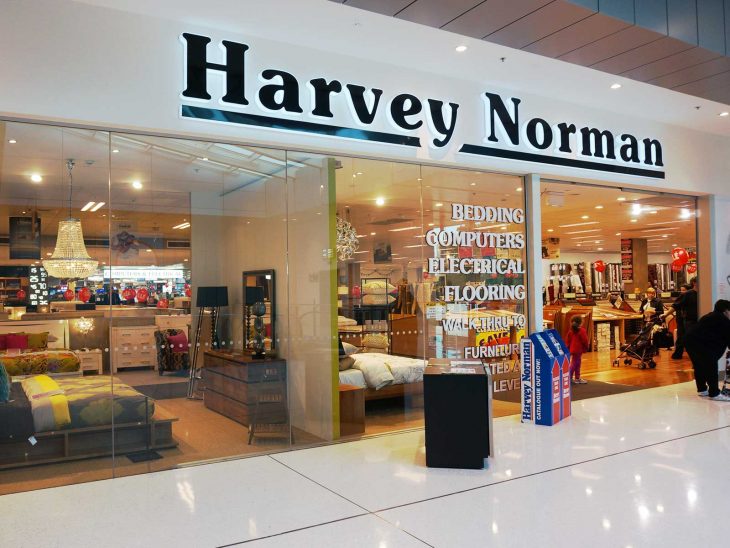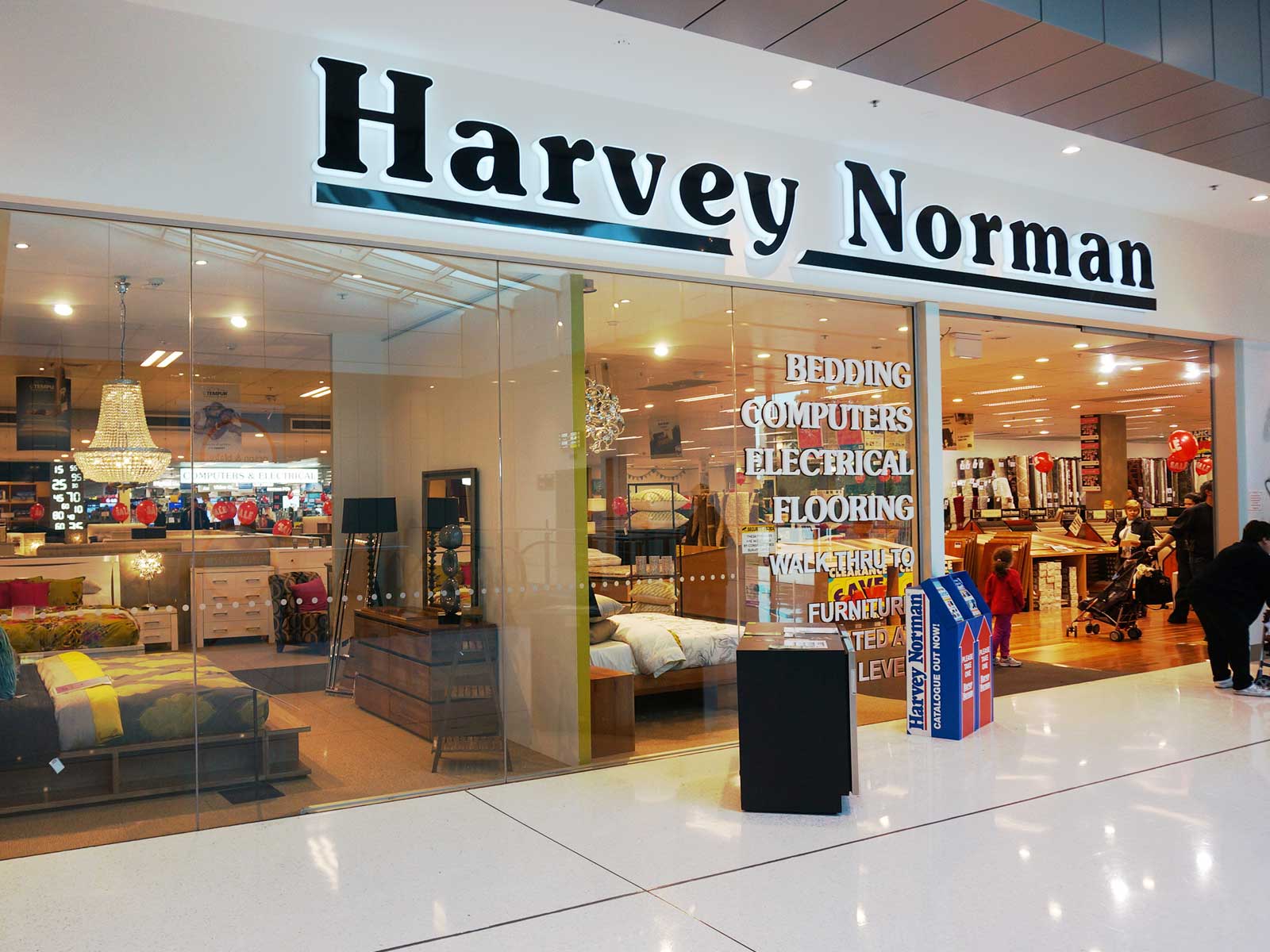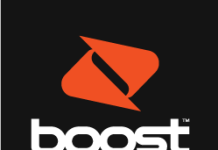
In today’s Ask Ausdroid column, Jamie asks:
How come retailers can sell Google products cheaper than Google themselves? Harvey Norman sell Google’s Home Mini for $53 and on Google’s own online store, it’s listed for $59.
Great question, Jamie. It goes to the heart of what bricks and mortar retailers like Harvey Norman, Good Guys, JB Hi-Fi etc are doing to keep business in the face of competition from online retailers which have – let’s face it – significantly less overhead costs. You’d think online stores could undercut bricks and mortar, but what you’ve seen here is in fact the other way around. Let’s have a look at how and why this might be the case.
First and foremost, Google wants to have its products on shelves. There’s many people who don’t want to buy online, and would rather walk in store to buy a product. In order for retailers to want a product on their shelves, it has to be worthwhile for them to do so. You could imagine that Harvey Norman, JB Hi-Fi and the like are unlikely to want to sell a product that is cheaper online, especially if they’re not allowed to discount it too. Why waste shelf space, warehouse space, etc on a product that people can buy cheaper online?
Second, as with most products, there’s a price that the stores pay to get the product in, and a price they sell it for; the difference is their margin. In some cases, there may be restrictions on what discounts can be applied, but generally speaking, it’d be up to a retailer to price a product, and if it wants to take a loss in order to move units (and to get people in to stores), then you’d imagine they’d be able to do this. The concept of a loss leader is not a new one.
Thus, it makes good sense for Google to not only allow discounting in retail stores, but to encourage it. Why? It encourages retailers to stock Google products and have that walk-in-buy-now experience available to (ultimately) Google’s customers. For retailers, it makes sense too; often products like Google Home / Google Home Mini and so on are stocked on shelves near other smart home devices, like Sensibo Air Conditioning controllers, Arlo security cameras and smart light bulbs. To buy all this online, you have to (potentially) buy from a number of online stores, racking up shipping fees in the process.
Walk into a Harvey Norman store, or a JB Hi-Fi, and you can buy it all at once. That $6 saving you make on Google Home Mini is probably more than compensated by the higher margins on other smart home devices which some customers will invariably buy of their own volition, or because a salesman has convinced them of the benefits.
The other benefit of shopping in stores (which Google is probably only too aware of), following on from the up-sell discussed above, is the ability to negotiate with a salesman. You can’t negotiate with an online cart, whereas the sales guy at Good Guys is probably only too happy to discuss discounting other products if you’re buying more than one. Walk in to save $6 on a Google Home Mini, and discuss a saving of a couple of hundred bucks on a new Smart TV to go along side it. You win – because you save money off the recommended retail price – Good Guys wins, because it still makes a profit on the sale, and Google wins, because it’s sold another Google Home Mini from which it can – ultimately – make more money and learn more.
So, how come retailers can sell Google products cheaper than Google? The answer must be, then, that Google wants them to do so, for the customer’s benefit, for the retailer’s benefit, and for Google’s too.





This contrasts with Apple’s approach which is to carefully manage the prices that JB’s etc are allowed to charge, that is full retail.
It works to the extent that they actually reward retailers (financially with rebates and through preferential supply) not to discount and they audit prices paid at the checkout to ensure strict adherence to this policy.
Thanks Chris, very interesting and informative.
Apart from any of that Google has to post it to you and that costs them as it’s free to us.